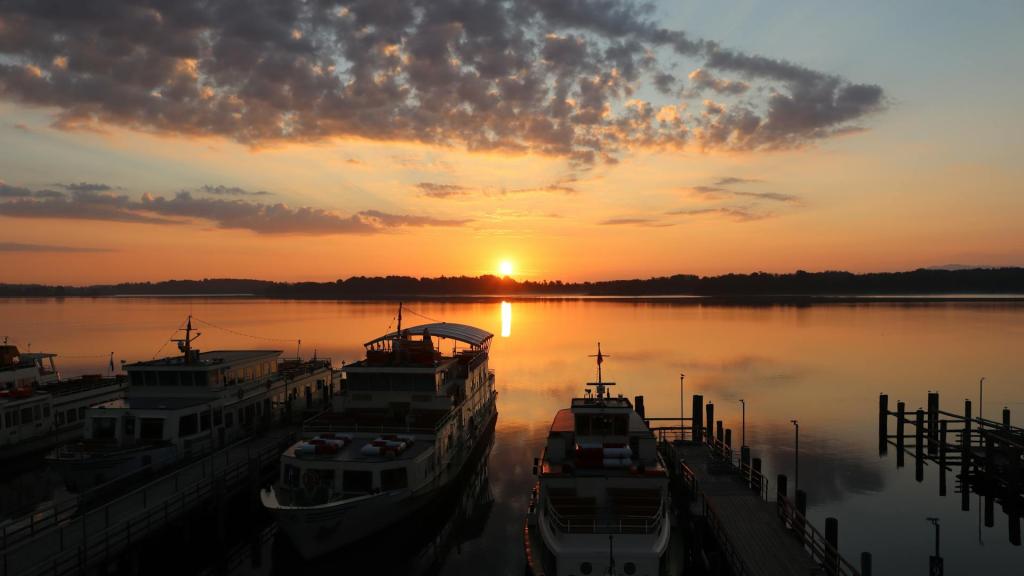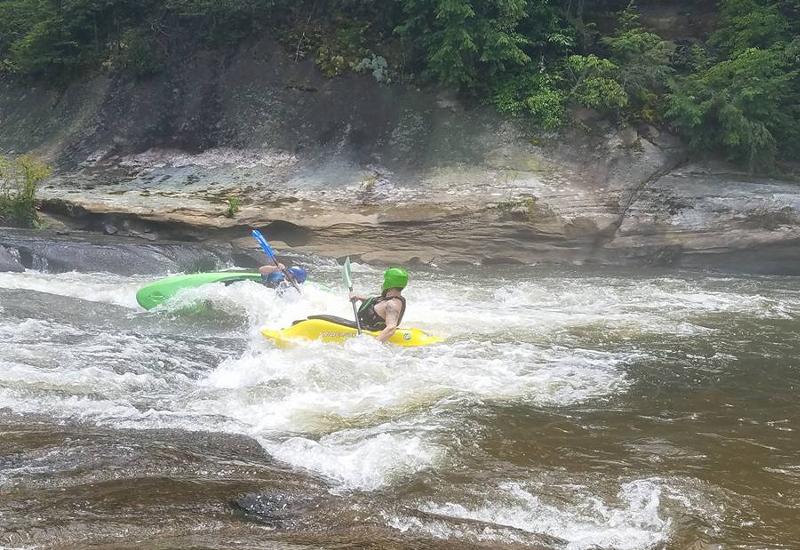The weather is hot, the sun is beaming, and the days are long. Summer is in full swing, and that means lake season is officially upon us.
All around America, vacationers, and thrill-seekers are enjoying life on the water. We’d say this is the perfect time to celebrate Lakes Appreciation Month.

What is Lakes Appreciation Month?
In 2003, the North American Lake Management Society (NALMS) acknowledged July as a month dedicated to showing some extra love to our nation’s freshwater environments.
Clean and healthy lakes, rivers, and streams not only offer endless recreational opportunities, but provide us with drinking water, energy, and irrigation.
They also serve as natural wildlife habitats for many plant and animal species.
We owe a lot to our freshwater communities, which are a significant life resource.
However, that life resource is finite. Only 3 percent of our planet’s water is freshwater. That includes lakes, rivers, glaciers and polar ice caps. Rehabilitating and protecting these environments is crucial to the quality of our communities and the benefit of future generations.
Lakes Appreciation Month is a nationwide effort to acknowledge and appreciate the vital role water plays in our lives. NALMS also hopes to raise awareness of the many threats that are putting our freshwater environments at risk.
“Water can no longer be taken for granted,” said NALMS board member Brad Hufhines. “We cannot expect that our water resources will always be here and be usable unless we take care of them.”
The Dangers Facing Our Lakes
Freshwater may be the minority of water on Earth, but it has a majority of all water pollution.
Growing populations often result in overdevelopment, which leads to pollution. Invasive plant and animal species are often introduced through this overdevelopment and place an incredible amount of stress on these water bodies.
Additionally, lakes, rivers, and reservoirs are typically the endpoint for environmental toxins. These toxins include sewage, animal excrement, and contaminated rainwater run-off.
According to National Geographic, “Containing traces of contaminants ranging from birth control pills and sunscreen to pesticides and petroleum, our planet’s lakes, rivers, streams, and groundwater are often a chemical cocktail.”
These threats are genuine, but their effects aren’t irreversible.
Prevention & Protection
Thankfully, efforts to combat these issues in both marine and freshwater environments have seen major success over the years.
Dozens of environmental organizations have been working since the late 19th century to conserve and protect Mother Nature.
The Sierra Club, the nation’s largest environmental organization, is a grassroots effort that’s been making history since 1892. It boasts a long resume of achievements, including helping to pass sweeping legislation such as the Endangered Species Act and the Clean Water Act.
In 2010, recycling prevented 85 million tons of waste from being disposed of, up from 18 million tons in 1980.
During the 2013 International Coastal Cleanup, two million cigarette butts were collected from twelve thousand miles of shoreline. And in 2014, more than thirty thousand pounds of trash were recovered at Beaver Watershed Alliance cleanups.
Appreciation
Appreciating the lakes is the fun part.
You could go for a swim, catch some fish, or go canoeing with friends. You could even paint a picture of the scenic views, or do an impromptu photo shoot featuring the water and the wildlife around it.
This Lakes Appreciation Month, get active!
Here are some tips on how to make your mark on the ecosystems in your backyard this July:
- Get a group together and organize a community-wide lake clean-up day
- Encourage the governor of your state to proclaim July as Lakes Appreciation Month officially
- If you’re planning a local lake event or know of one that’s happening, pursue media coverage –it’s a great way to spread the message!
- Find a charity focused on watershed conservation and make a financial commitment
- Choose to buy items packaged in recyclable or biodegradable materials
- Be sure to dispose of waste appropriately (in a trash can or recycling bin)
- Ditch the plastic water bottles and opt for reusable ones. It saves you money and protects the planet.
Our lakes and rivers give us so many opportunities to escape from everyday life and enjoy all the gifts nature has to offer.
It’s our duty to give lake lovers hundreds of years into the future, their best chance at clean, healthy lake environments. And that means doing the work now to ensure the quality of Earth for generations to come.

